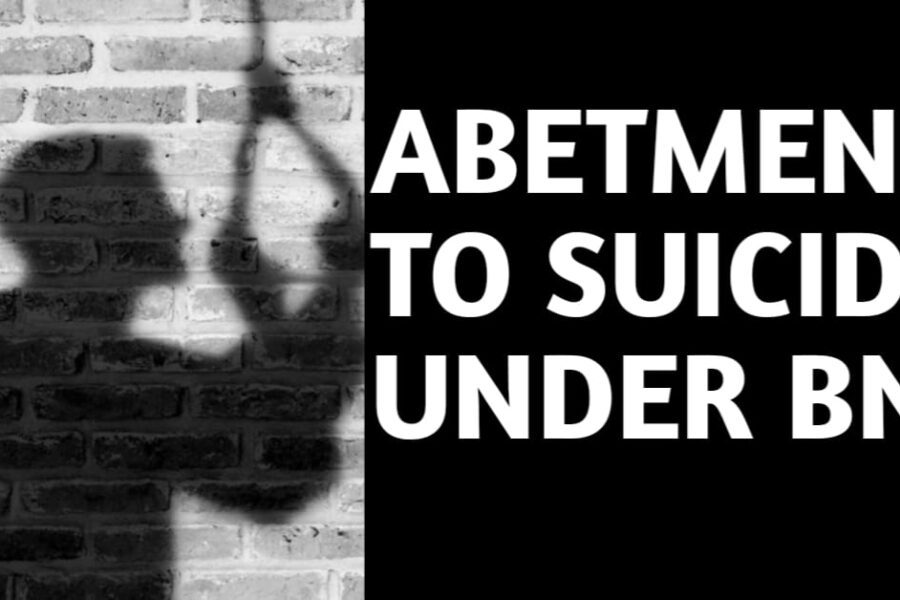The case of Thangavel vs. The State stands as a compelling reminder of how central the concept of mens rea, or “guilty mind,” is to the foundation of criminal law in India. It’s not enough to prove that a crime happened—courts must also be convinced that the accused had the mental intent to commit that crime. This principle becomes even more vital in emotionally complex cases, such as those involving abetment to suicide. In the case the facts trace back to an incident when V. Raju lodged a complaint at the Namakkal Police Station regarding the suicide of a young man. The deceased had allegedly been subjected to continuous mental harassment by the accused, Thangavel, which ultimately led him to take his own life by hanging. Based on the complaint and subsequent investigation, an FIR was registered, and Thangavel was charged under Section 306 of the Indian Penal Code for abetment of suicide. Thangavel later approached the High Court seeking discharge from the case, but his petition was dismissed. Challenging this decision, he filed an appeal before the Supreme Court, which admitted the matter for hearing. The case highlights the sensitive legal threshold required to establish abetment in suicide cases and was under consideration by the apex court as of 2025.
At the heart of this case lies a difficult but necessary question: When does harsh or toxic behavior become a crime? More specifically, what level of intent and connection must exist between someone’s actions and a person’s decision to take their own life? Under the Bharatiya Nyaya Sanhita (BNS), 2023, which replaces the IPC, Section 113 defines abetment to suicide. To hold someone liable, the law requires a deliberate intention—whether by instigation, conspiracy, or assistance—to push the victim toward suicide. Importantly, the law also demands a proximate link between the accused’s actions and the suicide. Merely being rude, quarrelsome, or insensitive doesn’t meet this bar unless there’s a clear, provable effort to mentally break the victim.
The facts in Thangavel’s case raised a critical legal challenge: Did his actions cross this high legal threshold? Or were they, however regrettable, still within the unfortunate bounds of interpersonal conflict? The Supreme Court, like in previous cases such as M. Arjunan v. State of Tamil Nadu, has emphasized that moral wrongdoing is not always legal culpability. Not every argument, humiliation, or relationship issue can—or should—lead to a criminal trial for abetment to suicide. This is not to ignore the pain of those left behind, but to ensure that criminal charges are grounded in clear intent, not just tragic outcomes.In analyzing Thangavel’s behavior, the Court had to ask: Did he want this result? Was he aware his actions could push the victim to such a desperate point? If that intent—the mens rea—was missing, then holding him criminally responsible would risk setting a precedent where every act of emotional distress could be criminalized, an outcome the law seeks to avoid.
This case, will likely shape how Indian courts continue to interpret the delicate balance between ensuring justice for victims of suicide and protecting individuals from wrongful or overextended prosecutions. In conclusion, mens rea acts as a critical safeguard in offences related to abetment to suicide. It ensures that the criminal justice system punishes only those who possess a guilty mind and whose actions directly lead to the tragic consequence of suicide. The Thangavel case reinforces that while the law must offer justice to victims and their families, it must do so without compromising on the fundamental principle that intent is the cornerstone of criminal liability.
published by- Tulip (intern)

